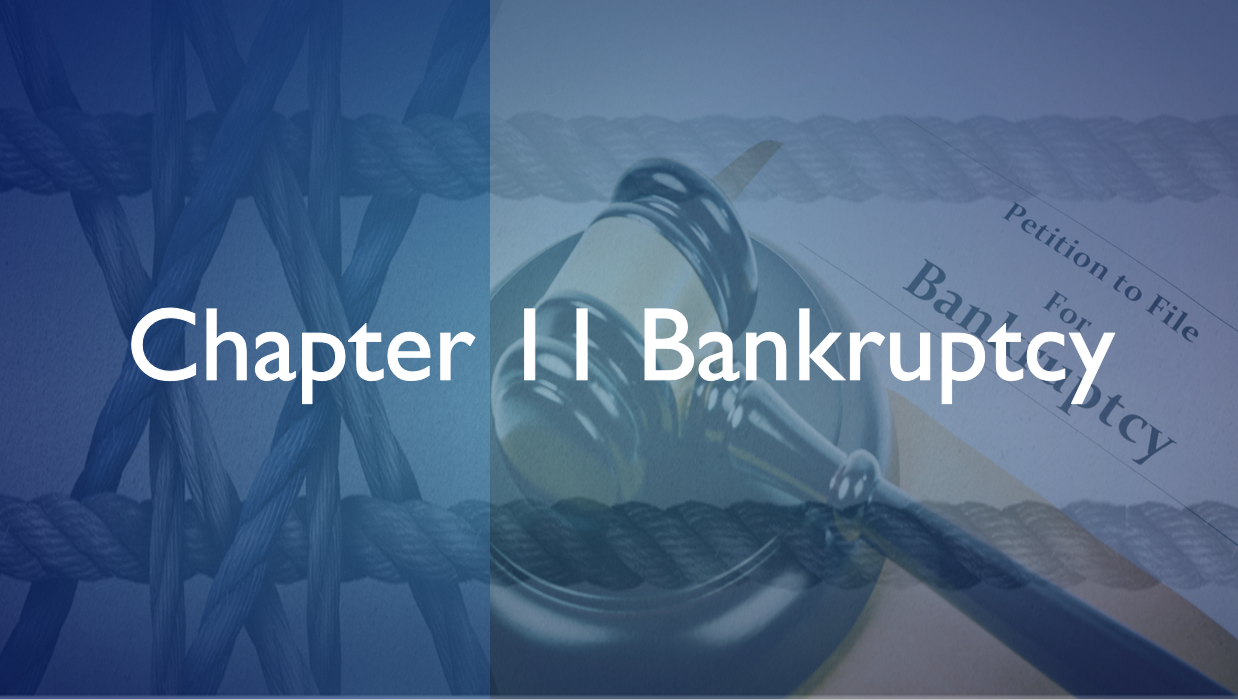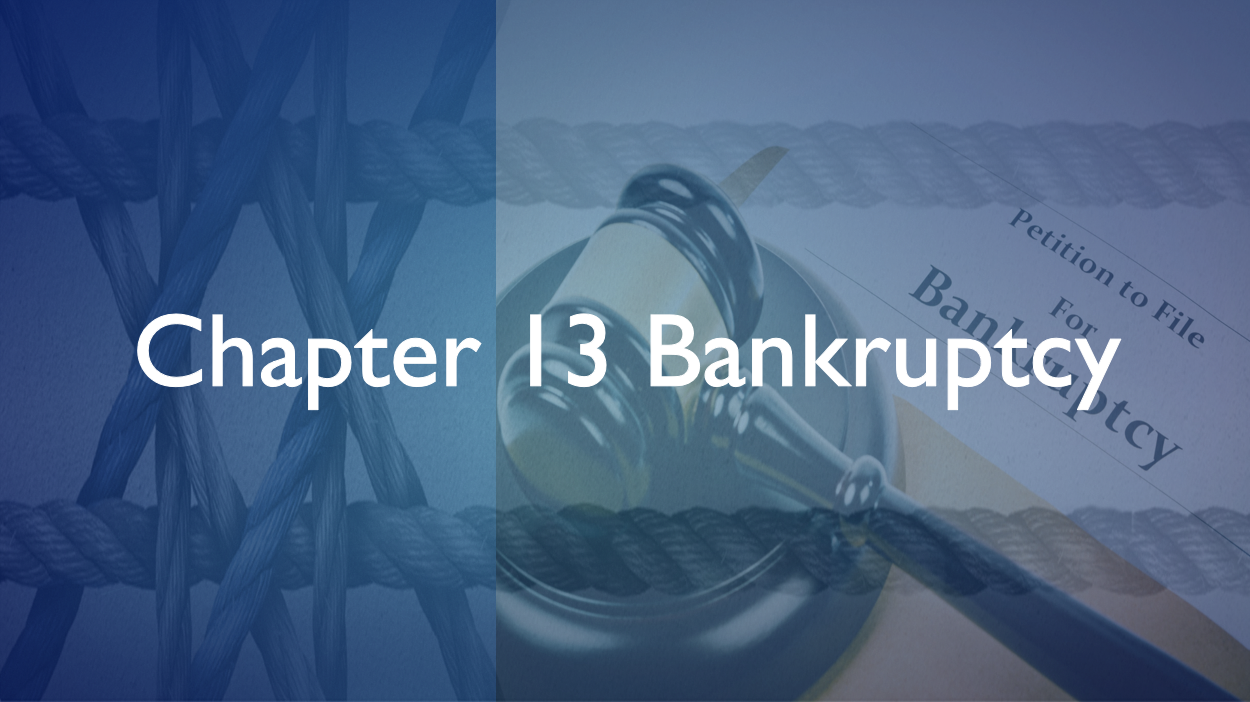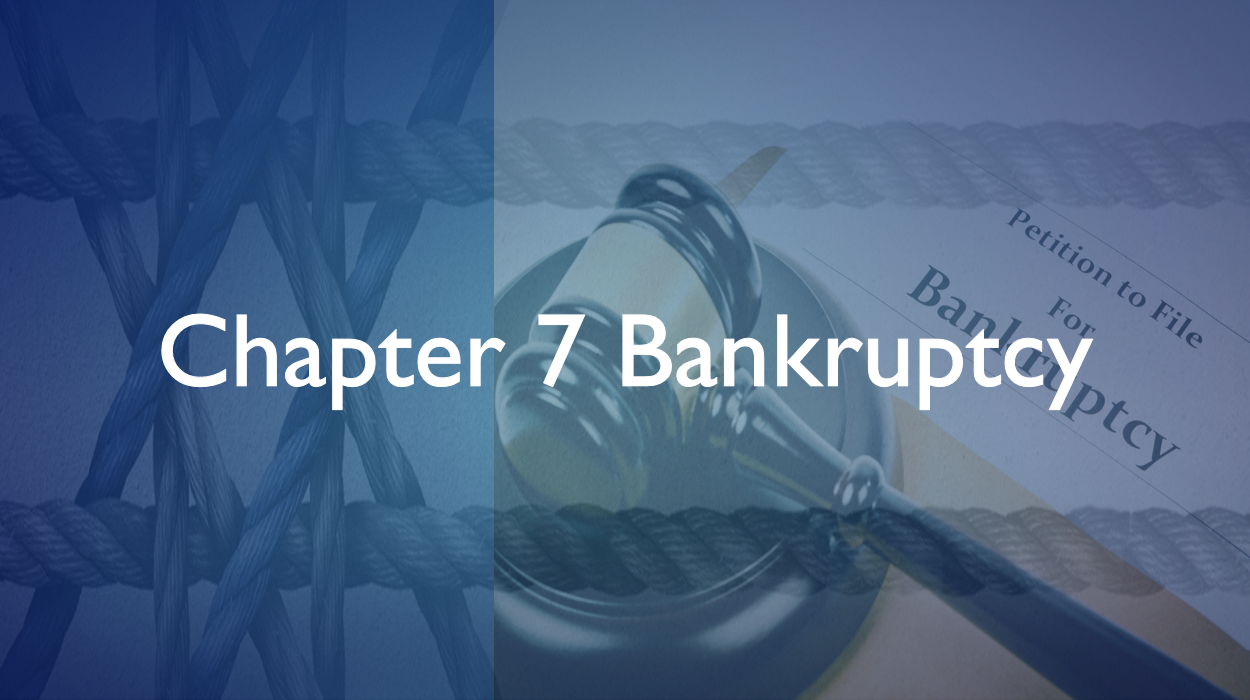The COVID-19 pandemic has been a huge disruptor for all businesses, especially small business. Our team at Oppenheim Law is here to help you navigate what you need to do to survive, including obtaining the appropriate government grants and loans so that your business will sustain itself during this crisis and hopefully flourish once the crisis is over.
Further, we will guide you in determining the right business strategy for you.
During this crisis, there will be an unprecedented number of bankruptcies filed and many companies will find bankruptcy as their last lifeline. We will walk you through the various steps you need to take in this process with our dedicated, extended team of lawyers who have been practicing bankruptcy in total for more than three decades.
Whether you are trying to figure out a Chapter 9 business reorganization, a Chapter 7 business dissolution or a Chapter 11 reorganization for you as an individual, or a Chapter 7 or Chapter 13 bankruptcy for yourself, we will strategically review the options with you.
In addition, our firm is frequently being involved with adversarial proceedings within the bankruptcy process.
Further, we will find that many small businesses in fact will take advantage of the Small Business Reorganization Act that will allow for a more streamlined approach to a Chapter 11 bankruptcy for businesses that do not have debts exceeding approximately $2.7 million.
Chapter 11 Bankruptcy
So, one of the questions people frequently ask is how do I know that I am a candidate for a Chapter 11 bankruptcy? The answer is that there are usually a number of telltale signs. Below are a few indicators suggesting how a business could actually benefit from filing for a Chapter 11 bankruptcy:
- The company is receiving a substantial amount of collection calls and collection letters from collection agencies.
- The business is being threatened or is a current defendant in Fair Labor Standard Act lawsuits.
- The company would like to restructure its debt with secured creditors.
- The business would like to discharge a large amount of unsecured debt.
- The company’s long-term revenues will be higher than the liquidation value of its assets, allowing its creditors to get more money back if they allow the company to reorganize and work out a payment plan.
- A secured creditor is about to take back its collateral.
- A judgment creditor’s about to execute on its judgment lien.
- The business has a garnishment against its bank account.
- The business owns real property and is underwater and would like to eliminate or reduce secured debts against the property.
- Lawsuits are being threatened or are pending against the business.
- The business needs to acquire new financing with more advantageous terms.
- The business could profit from rejecting or canceling certain unfavorable contracts.
- The business owner wants to continue to manage daily operations of the entity while restructured financially.
- The business has been the victim of internal mismanagement and fraud and is looking for a way to deal with those issues.
HOW CHAPTER 11 BANKRUPTCY WORKS
The business filing for a Chapter 11 bankruptcy must submit a plan of reorganization for approval by the creditors and the court. The plan organizes the business’ debt into classes according to the type of debt. The plan sets forth how the debtor in possession intends to pay its various creditors over the term of the plan. The plan can provide that certain contracts are canceled, which can result in substantial financial benefit to the business. The debtor can also “avoid” certain payments made within the period, usually 90 days, prior to the bankruptcy filing, resulting in the money being returned to the business for the benefit of all of its creditors.
A majority of the creditors in the Bankruptcy Court must approve the Chapter 11 plan. That is not always the easiest thing to happen. However, once the plan is confirmed, the debtor in possession operates its business while making payments to fulfill all the obligations according to the terms of the plan. The Bankruptcy Court continues to supervise the Chapter 11 debtor’s business to ensure compliance with the plan for a limited period of time.
WHAT ARE THE DUTIES OF A CHAPTER 11 DEBTOR?
A Chapter 11 filing can be used to reorganize a large corporation, a small business or it could be utilized on an individual basis for those individuals that do not qualify for a Chapter 7.
The entity filing a Chapter 11 has certain fiduciary obligations including:
- Accounting for property and assets
- Examining and objecting to claims of creditors
- Filing required reports including monthly operating reports
- Obtaining court approval to employ professionals, such as attorneys, accountants, appraisers, auctioneers or others as needed during the case
- Filing tax returns
The office of the U.S. Trustee is responsible for monitoring the compliance of the debtor in possession. We have a strong relationship with the U.S. Trustee’s office and have established a good relation and reputation that benefits our Chapter 11 clients.
THE SMALL BUSINESS REORGANIZATION ACT OF 2019
This new amendment to the bankruptcy law will be extremely helpful to small businesses that are suffering from the COVID-19 pandemic.
Chapter 11 bankruptcy is meant to allow business to continue operating while they restructure their finances and negotiate debt with collectors. Historically, however, only large business and corporations have derived success from this type of bankruptcy. Because Chapter 11 is one of the most expensive and complex options, small businesses have struggled to see the same success as many cannot qualify for any other type of bankruptcy. In fact, less than 25 percent of small businesses who filed Chapter 11s between 2008 and 2015 managed to create and implement a successful reorganization plan. Since the federal government recognized this issue, they passed the Small Business Reorganization Act of 2019 and we anticipate an enormous growth in the success rate of completed bankruptcies as a result of the new law. As of February 2020, small business debtors can file under Sub Chapter 5 of Chapter 11 which offers new advantages and streamlined processes for small business bankruptcy.
Our attorneys are prepared to help small businesses take full advantages of this recalibrated option, especially in light of the COVID-19 pandemic.
CHAPTER 11 BANKRUPTCY FOR SMALL BUSINESS OWNERS AND INDIVIDUALS
Both companies and individual business owners can file under Sub Chapter 5 of Chapter 11 bankruptcy provided their debt does not exceed $2,725,625.00 and most of it was accrued for commercial or business purposes. Once again, we believe that during the COVID-19 pandemic that many businesses will take advantage of this opportunity. The major changes to Chapter 11 bankruptcy effected February 19, 2020 are as follows:
- Less creditor involvement
- Appointed trustee; the Court will designate a trustee to help facilitate and direct the dissolutions, but most cases, the debtor will still retain full control of his/her business.
- Use of all disposable income; the debtor’s repayment plan will range from 3 to 5 years and the court will require you to use all disposable income to make payments.
- Elimination of the absolute property rule; previously, you would not have been able to keep your assets unless you paid your creditors in full. With the elimination of this rule, you have a much higher likelihood of retaining your ownership interest.
- Possible mortgage adjustment; if you have the mortgage of your primary residence in connection with your business, you may be able to adjust the loan amount, interest rate or maturity of that loan.
Bankruptcy offers a host of benefits that many small businesses could not previously have access for one reason or another. Now, the Small Business Reorganization Act of 2019 presents an unprecedented solution for small business debtors who meet the requirements for Sub Chapter 5.
CHAPTER 13 BANKRUPTCY
Many times individuals may not qualify for a Chapter 7 because they make too much income. In those cases, a Chapter 13 may be what is most appropriate. A Chapter 13 bankruptcy can help you if you own assets that would otherwise be liquidated in a Chapter 7 situation or if you want to restructure certain mortgages or car loans. A Chapter 13 debtor files a plan of reorganization that allows him or her to consolidate every bill into one monthly payment that is supervised by the court. A Chapter 13 debtor is allowed to keep his or her assets and pay creditors with lower or no interest accruing and the process can stop foreclosures, collection lawsuits and repossession.
CHAPTER 13 PLANS
The Chapter 13 plan sets forth how a debtor plans to fully or partially repay creditors. Beginning 30 days after the Chapter 13 bankruptcy case is filed, the debtor makes monthly payments to the Chapter 13 trustee who is responsible for distributing the funds to the debtor’s creditors as set forth by the plan. All of the debtor’s “disposable income” must be used to pay the creditors. Disposable income is the amount left over after paying necessary expenses. The plan must also pay the unsecured creditors at least what they would have received.
HOW DO I KNOW IF A CHAPTER 13 IS THE BEST OPTION FOR ME?
There are various circumstances where filing a Chapter 13 may be the best option for you, including:
- If you have a large amount of nonexempt assets that you want to keep;
- If you are past due on your mortgage or car loan payments and you need time to catch up before foreclosure or repossession occurs;
- If the value of your real or personal property is such that you can eliminate or reduce secured debts against the property;
- If you have debt, such as certain tax obligations or student loans that cannot be discharged, you can include these debts in your Chapter 13 plan and pay them off over time; and/or,
- If you have a co‑debtor on a personal loan that you want to protect, you may be able to do so in a Chapter 13.
The most important thing to remember is that bankruptcy gives you an opportunity to start over and rebuild and, in this highly unusual period of time in American history, that is something that we all may need to consider. The team at Oppenheim Law are, of course, here to help you navigate these waters.
CHAPTER 7 BANKRUPTCY
With so many people in Miami-Dade, Broward, and Palm Beach having lost their jobs due to the COVID-19 pandemic, many individuals will have no option other than to file for a personal Chapter 7 bankruptcy.
A Chapter 7 bankruptcy is the most common type of case filed by individual consumers.
These are the numerous circumstances that may warrant this type of filing, including:
- If you have significant unsecured debt, such as credit card debt and medical bills and you have a lot of nonexempt assets;
- Creditors and debt collectors are harassing you;
- You own a business and you have personally guaranteed some of the business debt;
- You have garnishments, repossessions or lawsuits being threatened or pending against you;
- Your home is in foreclosure or a foreclosure action is being threatened;
- You have lost your job or had a significant reduction in your paycheck;
- Your divorce has left you with unmanageable debt;
- Your own investment property is underwater (the property’s worth less than the mortgages encumbering them); and/or,
- You are living paycheck to paycheck and are still unable to pay your bills; you’re always worried about money and ready to obtain relief from your debt.
During this coronavirus pandemic, we expect an avalanche of Chapter 7 cases to be filed. Typically, they are completed within 90 days, but that may not be the case based on the Court’s caseload. Most importantly in a Chapter 7 bankruptcy, debtors are allowed to keep most, if not all, of their assets. It is essential to discuss this matter with our lawyers.
WHAT IS THE “MEANS TEST”?
The Bankruptcy Court uses a formula called the “Means Test” to determine whether you are eligible to file a Chapter 7 case. This test is designed to prevent individuals from abusing the bankruptcy system. The test combines your average income over the last 6 months prior to filing and subtracts certain IRS allowances for basic living expenses and some of your actual living expenses. The Means Test can be confusing. You also may be exempt from the Means Test for various legal reasons. Our extended team will guide you in determining if filing a Chapter 7 bankruptcy is the most prudent option for you.
WHAT DOES FILING A CHAPTER 7 ACCOMPLISH?
Most Chapter 7 cases follow a pretty straightforward process. When you successfully complete your case, the Bankruptcy Court grants you a discharge which eliminates your personal liability to pay the discharged debts. In most cases, this is tens, if not hundreds, of thousands of dollars the debtor no longer has the responsibility to pay. Obtaining a second chance with your finances in a Chapter 7 is commonly referred to as a fresh start.
During this COVID-19 pandemic, no one should be in any way ashamed to speak to an attorney to discuss the appropriate strategy for getting through this crisis. After all, we are all in this together.
If you are seeking legal representation, contact us online or give us a call at 954-280-4651 to schedule a consultation. We offer video chat and video chat and conference.
Oppenheim Law | Bankruptcy Attorneys
2500 Weston Rd #209
Fort Lauderdale, FL 33331
954-280-4651



